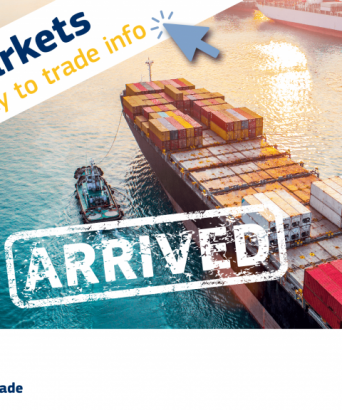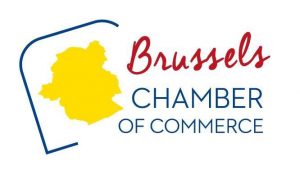The European Union and Mercosur states – Argentina, Brazil Paraguay and Uruguay – reached a political agreement on 28 June 2019 for an ambitious, balanced and comprehensive trade agreement. It is not yet ratified by several EU countries including Belgium and the current agriculture movement against this FTA agreement will lead to reinforce this not ratification process from different EU countries. But what does mean this EU-Mercosur free trade agreement for European businesses in particular in the agrofood sector ?
The EU is Mercosur’s number one trade and investment partner. The current EU bilateral trade with Mercosur already totals €88 billion a year for goods and €34 billion for services. The EU exports to Mercosur goods worth €45 billion a year and imports Mercosur products of nearly the same value (€43 billion). When it comes to services, the EU exports more than twice as much as it imports: €23 billion of services supplied by EU firms to clients in Mercosur versus €11 billion in services delivered to EU clients by firms from Mercosur countries.
The EU is the biggest foreign investor in Mercosur with a stock of €330 billion in 2020. While the relationship is very substantial both exporters and potential investors face barriers in Mercosur markets.
The goal of the new EU-Mercosur trade deal is to
- Increase bilateral trade and investment, and lower tariff and non-tariff trade barriers, notably for small and medium sized enterprises
- Create more stable and predictable rules for trade and investment through better and stronger rules, e.g. in the area of intellectual property rights (including geographical indications), food safety standards, competition and good regulatory practices
- Promote joint values such as sustainable development, by strengthening worker’s rights, fight climate change, increase environmental protection, encourage companies to act responsibly, and uphold high food safety standards
The agreement represents a win-win for both the EU and Mercosur, creating opportunities for growth, jobs and sustainable development on both sides. Mercosur represents a region of over 260 million consumers. It is the 5th largest economy outside the EU with an annual GDP of €2.2 trillion.
Today these markets are rather closed for EU companies with high tariff and non-tariff barriers. The agreement will eliminate high customs duties in key EU export sectors:
- Cars and parts : 35% duties
- Machinery : 14-20%
- Chemicals : 18%
- Pharmaceuticals : 14%
- Dairy products : 28%
- Chocolates and confectionary : 20%
Upholding the EU’s rigorous food safety standards, the agreement will guarantee that all imported food must comply with EU’s own standards. The EU and Mercosur agree that they will not lower labour or environmental standards in order to promote trade and attract investment. To the contrary, the dedicated chapter includes specific commitments related to environment protection, workers’ rights and promotion of responsible business conduct.
What about Belgium ?
EUR 4.8 billion is the value of Belgian exports of goods to Mercosur and EUR 3.5 billion the value of Belgian imports of goods from Mercosur. 1640 Belgian companies are exporting to Mercosur, 83% of which are SMEs.
Total Belgian exports to Mercosur of agricultural and agri-food products, including beverages is estimated to €181 million. The main export products in this sector are malt (€26 million) and frozen potatoes (€74 million).
Enterprise Europe Brussels provides support to Brussels SMEs to benefit from free trade agreements in their trade relations with third countries. Contact us for using Access2Markets platform and make the most of it in your daily trade operations.





